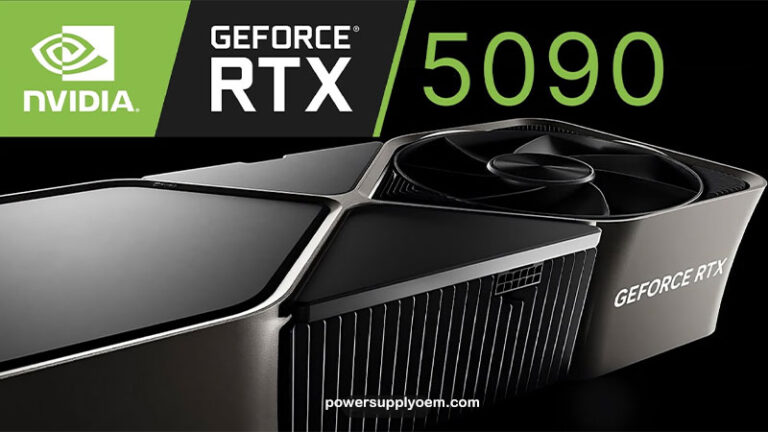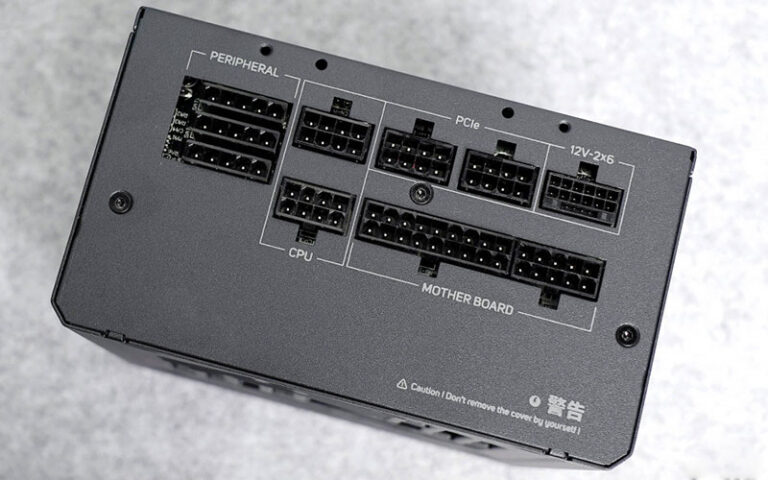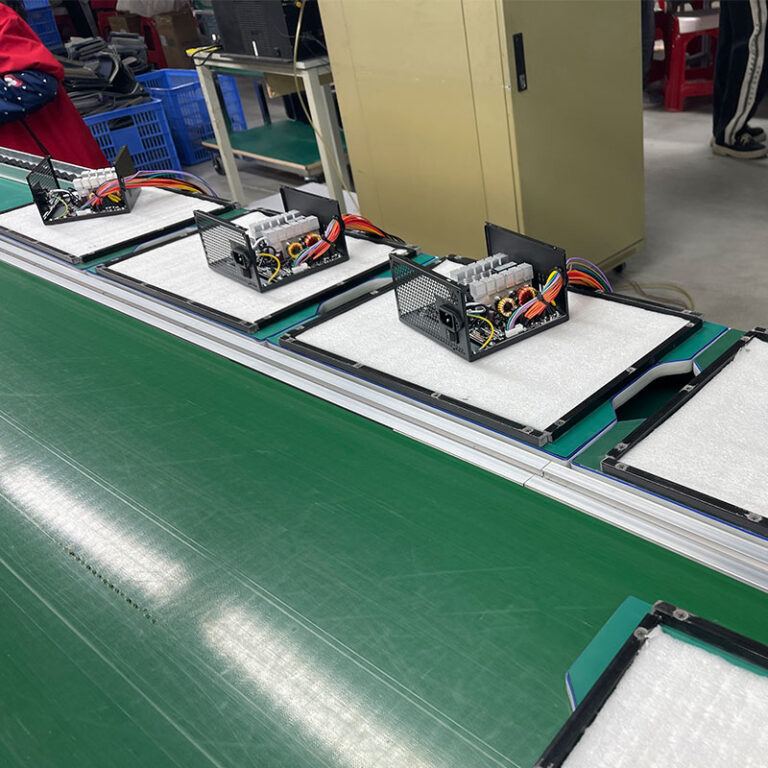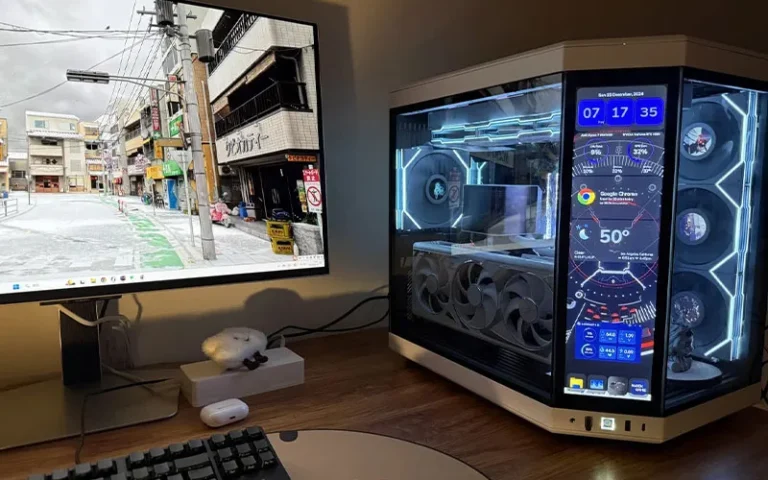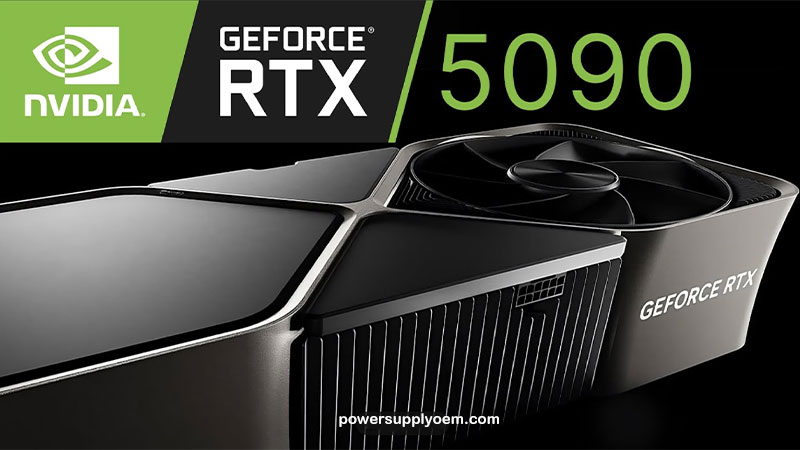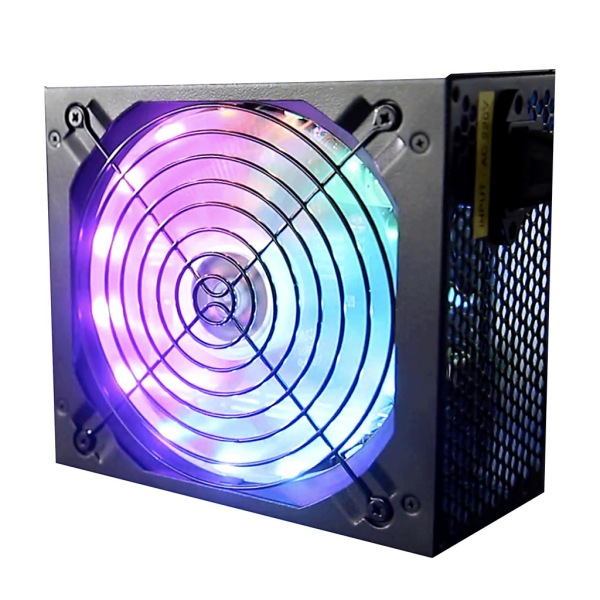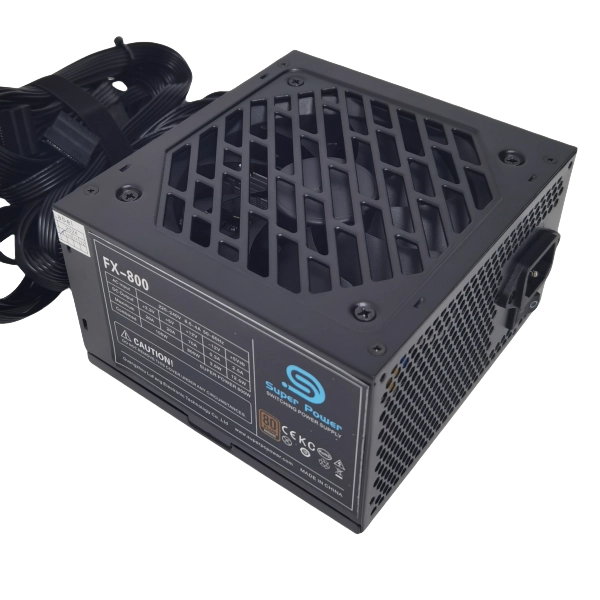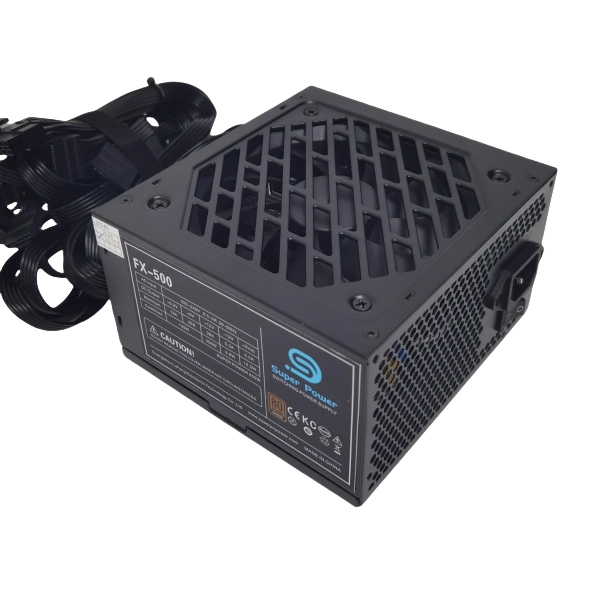-
Building E, No. 65 Xingshan North Road, Liangtian, Baisha Industrial Park, Baiyun District, Guangzhou

how to calculate power supply for pc
PSU Calculator: How to Choose the Right PC Power Supply for Your Needs
This article will delve into the intricacies of selecting the correct power supply unit (PSU) for your PC build, a crucial yet often overlooked aspect. We’ll explore how to accurately calculate your power needs, understand different PSU certifications like 80 Plus Gold, and identify why investing in a quality unit from a reputable manufacturer like us can make all the difference. If you’re a PC power supply brand, 3C supermarket, power supply wholesaler, agent, or manage a large Internet cafe, understanding these details is vital for ensuring optimal performance and longevity of your systems. It’s worth reading because it provides essential knowledge that can save you time, money, and frustration in the long run.
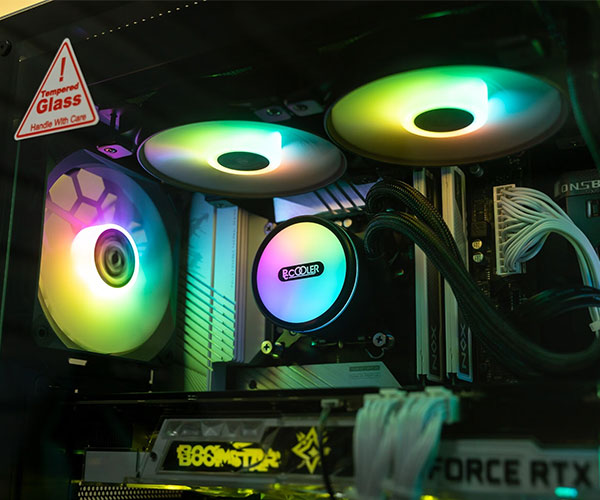
Table of Contents
What is a PSU and Why is it Important?
A PSU, or power supply unit, is the heart of your computer. It converts the AC electrical power from your wall outlet into the DC power that your PC components need to function. It’s not just about providing power; it’s about providing clean, stable, and reliable power to ensure your system runs smoothly. I’m sharing this from my experience as a leading PSU manufacturer, and I can’t stress enough how vital this component is.
Choosing the right PSU is critical. An underpowered unit can lead to system instability, unexpected shutdowns, and even damage to your hardware. Conversely, a PSU with excessively higher wattage than needed can lead to wasted energy and increased electricity costs. As someone deeply involved in the manufacturing process, I always advise customers to aim for a balance, selecting a unit that meets their current needs while also considering potential future upgrades. A good analogy is choosing the right engine for your car; too small, and it won’t perform well, too big, and you’re wasting fuel.
How Do I Calculate the Power Requirements for My PC?
Determining your power requirements isn’t as daunting as it seems. You can use an online PSU calculator or PSU wattage calculator like those available from Cooler Master or other reputable sites. These tools help you determine the total wattage your system needs based on the components you input. Here’s how to calculate power usage manually.
| Component | Estimated Wattage |
| CPU | 65-140W |
| Motherboard | 50-150W |
| GPU (Graphics Card) | 150-350W |
| RAM (per stick) | 5-10W |
| SSD | 2-5W |
| HDD | 6-10W |
For example, let’s say you have a system with a CPU that consumes 95W, a motherboard that uses 75W, a graphics card that draws 250W, two sticks of RAM (10W total), an SSD (3W), and two HDDs (14W total). The total power consumption under full load would be around 447W. You can use the formula P (power) = V (voltage) x I (current). Always err on the side of caution and add a safety margin of at least 20-30% to this number, as power supplies operate most efficiently at around 50-80% of their maximum load. It is recommended to add 200w.
It’s also crucial to consider peak power, the maximum amount of power your system might draw during intensive tasks. Most power supplies can handle short bursts of peak power above their rated wattage, but sustained high loads can cause problems. From my experience, I’ve seen many users encounter issues because they didn’t account for this. It is always good to check the wattage. Here is a good place to start: ATX Power Supply.
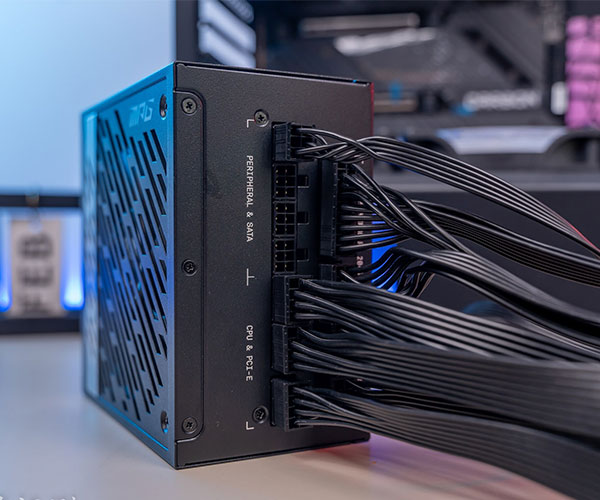
What Does the Wattage Rating on a PSU Mean?
The wattage rating of a PSU indicates the maximum power output it can deliver continuously. For instance, a 500W PSU can provide up to 500 watts of power to your system. However, it’s not just about the total wattage. You need to ensure that the PSU can deliver sufficient power on the +12V rail, which powers your CPU and GPU.
It’s important to note that the wattage rating doesn’t directly correlate with the PSU’s quality or efficiency. Two PSUs with the same wattage can have vastly different power ratings. A higher wattage doesn’t necessarily mean a better PSU, and conversely, a lower wattage unit from a reputable brand can be more reliable than a higher wattage unit from an unknown brand. In my years of working with power supplies, I’ve seen many instances where a seemingly powerful PSU failed under stress because it was poorly designed.
Understanding the 80 Plus Certification: Bronze, Silver, Gold, Platinum, and Titanium
The 80 Plus certification is a voluntary rating system that indicates a PSU’s energy efficiency. It guarantees that the PSU will be at least 80% efficient at 20%, 50%, and 100% load. This means that at least 80% of the electrical power drawn from the wall is converted into usable DC power for your computer, with the remaining 20% or less being lost as heat.
Here’s a breakdown of the different 80 Plus tiers:
- 80 Plus: Minimum 80% efficiency.
- 80 Plus Bronze: 82-85% efficiency.
- 80 Plus Silver: 85-88% efficiency.
- 80 Plus Gold: 87-90% efficiency.
- 80 Plus Platinum: 90-92% efficiency.
- 80 Plus Titanium: 90-94% efficiency at 10% load, 94-96% at 50% load, and 90-94% at 100% load.
A higher efficiency rating means less power wasted as heat, which translates to lower electricity bills and a cooler, quieter system. I often recommend 80 Plus Gold or higher, especially for high-end builds or systems that will be running under heavy load for extended periods.
Form Factor: Does Size Matter When Choosing a PSU?
Form factor refers to the physical size and shape of the PSU. The most common form factors for desktop PC are ATX, SFX, and TFX. Choosing the correct form factor is crucial because it needs to fit inside your computer case.
- ATX: The standard size for most desktop PCs.
- SFX: A smaller form factor often used in compact builds.
- TFX: An even smaller, thinner form factor typically found in slimline PCs.
ATX power supplies are the most common and offer the widest range of options in terms of wattage and features. SFX and TFX power supplies are designed for smaller cases where space is limited. If you are building in a small form factor case, it’s important to select the correct size PSU.
As an OEM manufacturer, we offer power supplies in various form factors to meet the diverse needs of our clients. You can check out some of our models here: SFX Power Supply.
How to Troubleshoot Power-Related Issues with Your PC
If your PC is experiencing random shutdowns, reboots, or won’t power on at all, the PSU might be the culprit. Before you decide to replace the PSU, you need to troubleshoot properly. Here are some common symptoms of power-related issues:
- System won’t turn on at all.
- Random shutdowns or restarts.
- Burning smell from the PSU.
- Excessive noise from the PSU fan.
- System instability under heavy load.
A simple way to test if your PSU is faulty is to try a different unit, if possible. You can also use a PSU tester, a small device that checks the voltages output by the PSU. These are simple ways to determine the power supply output. If the problem persists with a different PSU, the issue might be with another component, such as the motherboard or CPU.
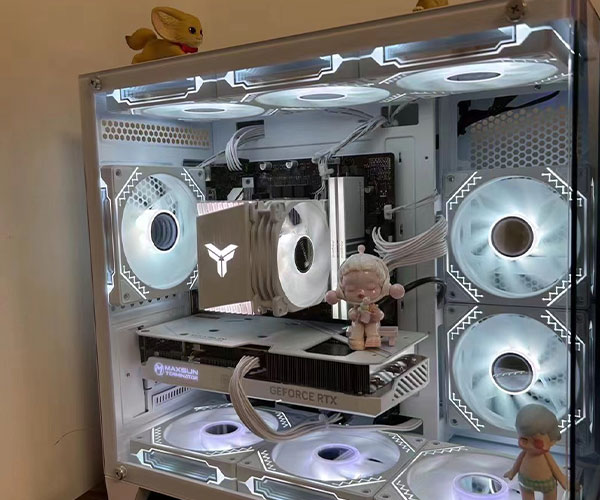
Why Should You Choose an OEM/ODM Power Supply Manufacturer?
As an OEM/ODM power supply manufacturer, we offer several advantages over retail brands:
- Customization: We can tailor power supplies to your specific requirements, including wattage, form factor, connector types, and even aesthetics.
- Cost-Effectiveness: By working directly with the manufacturer, you eliminate the middleman and often get better pricing, especially for bulk orders.
- Quality Control: We have strict quality control processes in place to ensure that every unit meets the highest standards.
- Expert Support: Our team of engineers can provide expert technical support and guidance throughout the design and manufacturing process.
Choosing an OEM/ODM manufacturer is a smart move for businesses looking for reliable, high-quality power supplies at competitive prices.
What are the Benefits of Partnering with Us for Your Power Supply Needs?
Partnering with us for your power supply needs offers a multitude of benefits, including:
- High-Quality Products: We use only the best components and adhere to rigorous quality control standards, such as our 80 plus gold 850w power supply.
- Competitive Pricing: Our streamlined manufacturing process and direct sales model allow us to offer competitive pricing.
- Customization Options: We offer a wide range of customization options to meet your specific needs.
- Reliable Supply Chain: We have a robust supply chain to ensure timely delivery of your orders.
- Dedicated Support: Our team is committed to providing exceptional customer service and technical support.
Case Studies: Success Stories with Our Power Supplies
We’ve had the privilege of working with numerous clients across various industries, providing them with reliable and efficient power supplies for their specific needs. Here are a few examples:
Case Study 1: A major PC power supply brand needed a custom PSU solution for their new line of gaming PCs. We worked closely with their team to design and manufacture a high-wattage, 80 Plus Gold certified PSU that met their performance and aesthetic requirements. The result was a successful product launch and a satisfied client.
Case Study 2: A large 3C supermarket chain sought to improve the reliability of their in-house brand of desktop computers. After switching to our OEM power supplies, they reported a significant decrease in power-related returns and an increase in customer satisfaction.
Case Study 3: A power supply wholesaler needed a reliable supplier for ATX and SFX power supplies. They chose us for our competitive pricing, consistent quality, and ability to meet their large-volume orders.
Beyond Wattage: Other Features to Consider
While wattage and efficiency are crucial, there are other features to consider when choosing a PSU:
- Connectors: Make sure your PSU has the right connectors for your components, such as 6+2 pin PCIe connectors for graphics cards and 4+4 or 8+8 pin EPS connectors for CPUs. This is important when determining the right wattage.
- Cabling: Modular or semi-modular PSUs allow you to use only the cables you need, improving airflow and reducing clutter inside your case.
- Fan Size and Noise: A larger fan can often cool the PSU more effectively and quietly.
- Protection Features: Look for PSUs with over-voltage protection (OVP), under-voltage protection (UVP), over-current protection (OCP), short-circuit protection (SCP), and over-temperature protection (OTP).
- Warranty: A longer warranty indicates the manufacturer’s confidence in the PSU’s reliability.
Frequently Asked Questions
How do I know if my PSU is failing?
Common signs of a failing PSU include random shutdowns, reboots, a burning smell, or the system not powering on at all. If you experience these, it might be time to consider a replacement. This would be a good time to calculate the power needed for your PC.
Can I use a PSU with a higher wattage than I need?
Yes, you can use a PSU with a higher wattage than your system requires. However, it might not be the most cost-effective or energy-efficient solution. It’s generally best to choose a PSU that meets your needs with a reasonable safety margin. Don’t be afraid to use the formula P.
What is the difference between single-rail and multi-rail PSUs?
A single-rail PSU has one +12V rail that provides power to all components. A multi-rail PSU has multiple +12V rails, each with its own current limit. Multi-rail designs can offer better protection against overloads, but single-rail units are often preferred for high-end systems. There are two common designs.
How often should I replace my PSU?
A high-quality PSU can last for many years, often 5-10 years or even longer. However, it’s a good idea to consider replacing it if it’s showing signs of age, such as increased noise or instability, or if you’re making significant upgrades to your system. A good calculator will help you decide.
Is it worth paying more for a higher 80 Plus rating?
Generally, yes. A higher 80 Plus rating means higher efficiency, which translates to lower electricity bills, less heat output, and potentially a longer lifespan for your PSU. The 80 plus rating can help with energy savings.
What does OEM mean in the context of power supplies?
OEM stands for Original Equipment Manufacturer. In the context of power supplies, an OEM is a company that manufactures PSUs that are then rebranded and sold by other companies. We are an OEM power supply manufacturer. A good question to ask is “PSU isn’t powering up?”
Conclusion
- Choosing the right PSU is crucial for the stability, performance, and longevity of your PC.
- Understanding your power requirements, considering the 80 Plus certification, and choosing the correct form factor are essential steps in selecting the right unit.
- Partnering with a reputable OEM/ODM power supply manufacturer like us can offer significant advantages in terms of customization, cost-effectiveness, and quality.
- Beyond wattage, consider features like connector types, cabling, fan noise, protection features, and warranty.
- By understanding these factors and making informed decisions, you can ensure that your PC has a reliable and efficient power source for years to come.
- Remember that we are here to help you find the perfect PC POWER SUPPLY solution for your needs. Our FLEX Power Supply is a great place to start. Contact us today to discuss your requirements!
- Don’t hesitate to reach out if you need a reliable and experienced power supply partner. We can help you choose a PSU that is right for you.
- Remember that a well-chosen PSU is an investment in the health and performance of your PC build.
- Our power supplies are designed with longevity and system performance in mind.
- We are committed to providing efficient power supplies.
- A power supply calculator is an important tool.
Disclaimer: This article is written based on the provided instructions and publicly available information. Always consult your PC and PSU documentation and take appropriate safety precautions.

